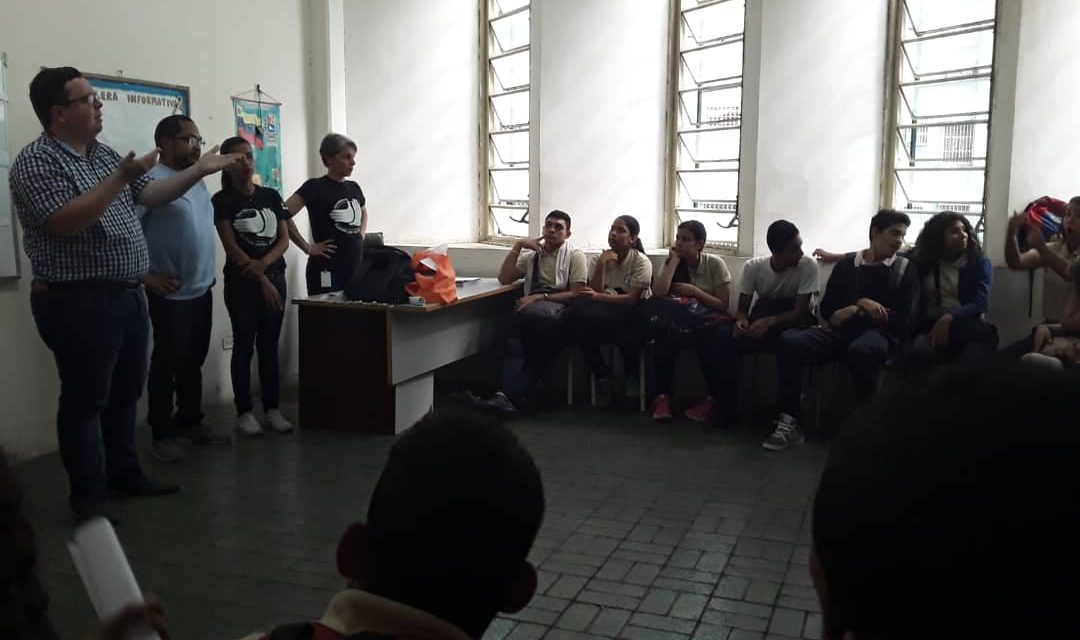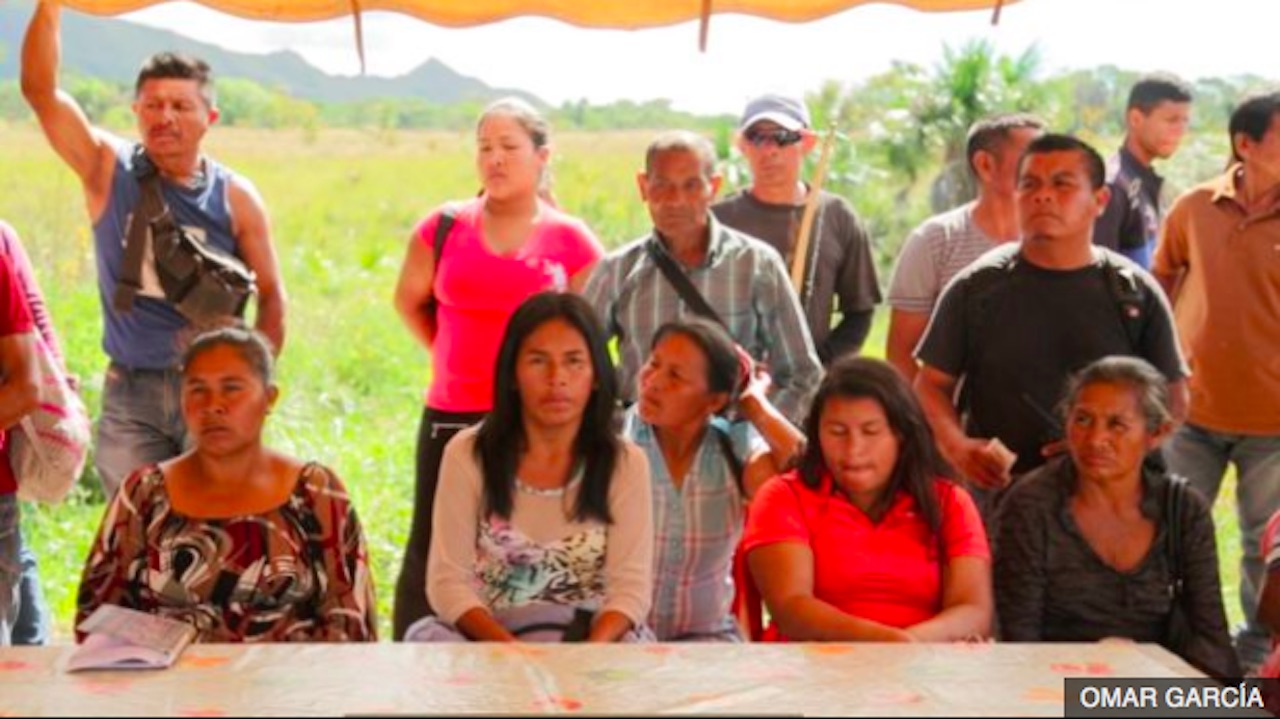Almagro, cohabitation and complicity
When Luis Almagro took office as Secretary-General of the Organization of American States (OAS) and assumed a clear leading role in the Venezuelan crisis, going against the tide even at the cost of his own prestige, I asked Pedro Nikken for his opinion on the move.
Everyone who had the fortune of meeting Pedro Nikken knows that he was a man of restraint and diplomacy, oblivious to any radicalism. “Almagro is forcing the countries of the region to establish a position on Venezuela,” he replied.
I remembered his words while reading an article written by the Uruguayan Secretary-General of the OAS and published on July 29 under the title “The hell of the never forking path”.
Once again, Almagro makes use of his symbolic power to stimulate the actors, this time the social and political leaders of the country’s democratic field, amid a feeling of bewilderment that has gone viral among Venezuelan society, and express a clear position on the strategy to be followed in the coming months.
Since no one wanted to put the bell on the cat, he had to become the third party, one with auctoritas, to put the discussion on the table.
Almagro begins his writing by confirming that nothing has been resolved in Venezuela, quite the opposite, and that the strategy of “maximum pressure” – in which he participated – also failed.
In his opinion, the course of the discussion should not revolve around how to remove Maduro but how he will remain in power, which would imply cohabitation and “the exercise of real political dialogue, shared institutionality and shared State powers.”
The OAS Secretary-General sets out the limits of this exercise in the existence of checks and balances; “without them, cohabitation can become complicity.”
In his opinion, “the cohabitation format discussed in a dialogue process must provide guarantees of checks and balances for those who cohabit.”
The provocative text leaves more questions than answers. I imagine Pedro telling me that it is the Venezuelan people who should find them.
In the absence of a short-term solution to the crisis, as the effort for a transition by collapse once suggested, cohabitation will become more of a reality than a strategy and the context of the years to come.
Yes, Nicolás Maduro is still in power, but the efforts to seamlessly impose a new hegemony have not prospered either.
On the other hand, the leadership of the opposition not only needs a different approach to the conflict to recompose itself but time to politically materialize that strategy and overcome its worst crisis of representation in recent years. And if we have learned anything, it is that this cannot be improvised.
The totalitarian drive not only demands efficiency but also a significant amount of resources to keep the control mechanisms well oiled and running.
And if cohabitation, forced or whatever you name it, becomes a reality, it would be a miscalculation to transform it into an end through verbal sleight of hand.
A second comment to the much-needed debate proposed by Almagro is that the peaceful and negotiated solution to the Venezuelan conflict is not a one-way street -in fact, few things are in politics-.
Checks and balances are not only political and institutional but economic, social and cultural too
And in this range of paths -we leave behind the mantra that led us all through the same tunnel- the roles of the actors must be differentiated, with varying degrees and levels of strategic coordination between them.
I agree that we should not repeat the mistakes of the past.
And if one of them, as Almagro affirms, was to underestimate the capacities of Nicolás Maduro, I would add that the reverse side of the same slip is to overestimate his alleged democratic vocation.
The main attribute that made him the heir to the legacy was being a party member faithfully disciplined by the Cuban school.
And real Castrismo does not believe, and is totally oblivious, to the alternation of power.
We could learn not only from our own mistakes, but also from the ineffective efforts to promote a transition to democracy in Cuba, and from how the international community has “cohabited” with the longest-running dictatorship in the region.
Which should be the checks and balances?
There are several. From the field of the defense of human rights, activists have made efforts to activate all the mechanisms of protection within our reach.
Until now, the work of the International Criminal Court and the International Independent Fact-Finding Mission have represented a retaining wall for the abuse of power.
But so far they have not been sufficient or prompt enough for a crisis on the scale of Venezuela’s.
The outlines of the discussion raised by Almagro invite us to continue thinking in other ways.
The great challenge is not to give up on the possibility of an inclusive Venezuela with rights for all.
Translated by José Rafael Medina




